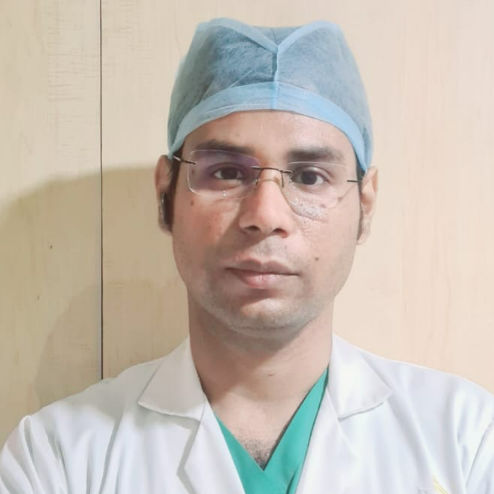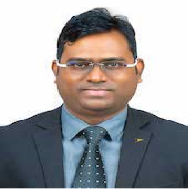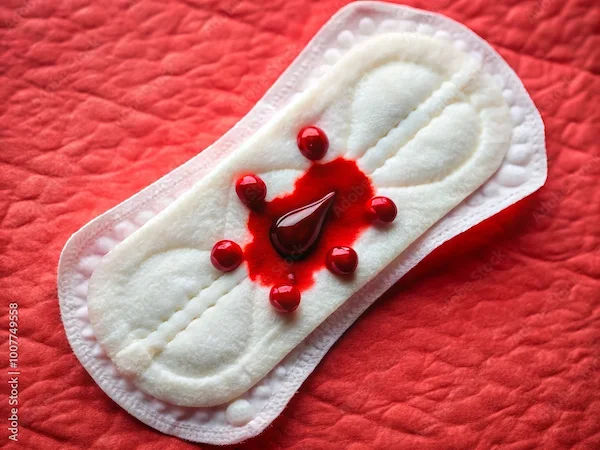Degenerative Disk Disease Overview and Management
Know about Degenerative Disk Disease, including its symptoms, causes, and impact on daily life. Learn how it affects the spine and explore effective management strategies to reduce pain and improve mobility.

Written by Dr. J T Hema Pratima
Reviewed by Dr. Dhankecha Mayank Dineshbhai MBBS
Last updated on 2nd Sep, 2025

Introduction
Degenerative Disk Disease (DDD) is a common condition that affects the spine, particularly as we age. While the term "disease" might sound alarming, it’s actually a natural part of ageing for many people. However, it can sometimes lead to pain and discomfort, affecting daily life. If you or a loved one is dealing with DDD, understanding the condition, its symptoms, and management strategies can help you stay active and comfortable.
What Is Degenerative Disk Disease?
Our spine is made up of bones called vertebrae, with soft, cushion-like disks in between them. These disks act as shock absorbers, allowing flexibility and movement. Over time, these disks can wear down, lose moisture, and become less flexible, this is what we call Degenerative Disk Disease.
While DDD is often associated with aging, factors like injury, genetics, or repetitive strain can speed up the process. It’s important to note that not everyone with DDD experiences pain; some people may have significant disk degeneration without any symptoms.
Consult a Spine Surgeon for the best advice
Symptoms of Degenerative Disk Disease
The most common symptoms include:
Chronic back or neck pain – Often a dull ache that worsens with sitting, bending, or lifting.
Pain that comes and goes – Flare-ups may last a few days to weeks before improving.
Radiating pain – If a damaged disk presses on a nerve, pain may shoot into the arms (if in the neck) or legs (if in the lower back).
Weakness or numbness – In severe cases, nerve compression can cause tingling or weakness in limbs.
What Causes Degenerative Disk Disease?
Several factors contribute to DDD:
Ageing – Disks naturally lose hydration and elasticity over time.
Injury or trauma – Accidents or heavy lifting can damage disks.
Genetics – Some people are more prone to early disk degeneration.
Lifestyle factors – Smoking, obesity, and lack of exercise can accelerate disk wear.
How Does DDD Affect Daily Life?
For some, DDD causes mild discomfort, while others may struggle with chronic pain that affects mobility and quality of life. Simple activities like sitting for long hours, lifting objects, or even sneezing can trigger pain. The good news? Many people manage symptoms effectively with lifestyle changes, physical therapy, and medical support.
Managing Degenerative Disk Disease
While DDD can’t be reversed, these strategies can help reduce pain and improve function:
1. Stay Active (But Smartly!)
Low-impact exercises like walking, swimming, or yoga keep the spine flexible without excessive strain.
Core-strengthening exercises help support the spine and reduce pressure on disks.
Avoid high-impact activities like running or heavy weightlifting if they worsen pain.
2. Maintain Good Posture
Sit and stand straight; slouching increases disk pressure.
Use ergonomic chairs and adjust workstations to reduce strain.
3. Heat and Cold Therapy
Heat (warm baths, heating pads) relaxes stiff muscles.
Ice packs reduce inflammation during flare-ups.
4. Healthy Weight and Nutrition
Excess weight puts extra stress on the spine.
A diet rich in anti-inflammatory foods (fruits, vegetables, omega-3s) may help reduce pain.
5. Physical Therapy
A physiotherapist can teach exercises to strengthen back muscles and improve posture.
6. Medications & Treatments
Pain relievers (like acetaminophen or NSAIDs) can help manage discomfort.
Steroid injections may reduce severe inflammation.
In rare cases, surgery (like disk replacement or spinal fusion) is considered if conservative treatments fail.
When to See a Doctor?
Consult a healthcare provider if:
Pain is severe or doesn’t improve with rest.
You experience numbness, weakness, or difficulty controlling bladder/bowel movements (a sign of nerve damage).
If you're experiencing persistent back pain, consider booking a consultation with a spine specialist through Apollo 24|7 for expert advice and personalized treatment options.
Final Thoughts
Degenerative Disk Disease is a common part of aging, but it doesn’t have to control your life. With the right approach—exercise, posture correction, and medical guidance—you can stay active and minimize discomfort. Remember, small lifestyle changes today can make a big difference in keeping your spine healthy for years to come!
Consult a Spine Surgeon for the best advice
Consult a Spine Surgeon for the best advice

Dr. Subrat Kumar Soren
Neurosurgeon
2 Years • MCH NEUROSURGERY
Karimnagar
Apollo Reach Hospitals Railway Station Road, Karimnagar

Dr. Akash Hosthota
Spine Surgeon
7 Years • MS (Ortho) | FNB Spine Surgery | DNB | MRCS (Glasglow) | Dip SICOT (Belguim)
Bangalore
Apollo Clinic Bellandur, Bangalore

Dr. Amit Kapoor
Neurosurgeon
18 Years • D.N.B NeuroSurg.
Delhi
Apollo Hospitals Indraprastha, Delhi

Dr Debnath Dwaipayan
Neurosurgeon
9 Years • MBBS, MS(Gen. Surgery), DrNB (Neurosurgery)
Delhi
Apollo Hospitals Indraprastha, Delhi

Dr. V Bramha Prasad
Spine Surgeon
21 Years • Mch (Neuro Surgery) from NIMS, FIPM, FINR, Fellowship in Spine Surgery (France), Fellowship in Interventional Pain Management (Apollo Chennai) Fellowship in Interventional Neuro Radiology (Switzerland) Member of North American Spine Society ECFMG Certified – USA
Secunderabad
Apollo Hospitals Secunderabad, Secunderabad
(100+ Patients)




